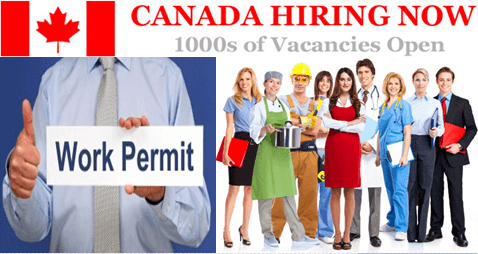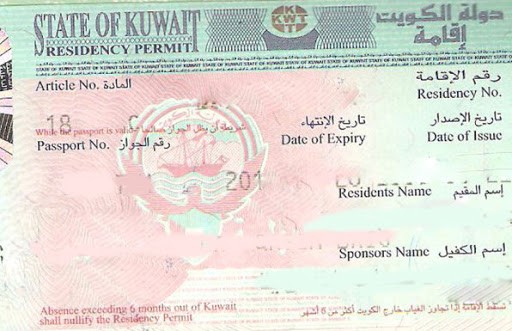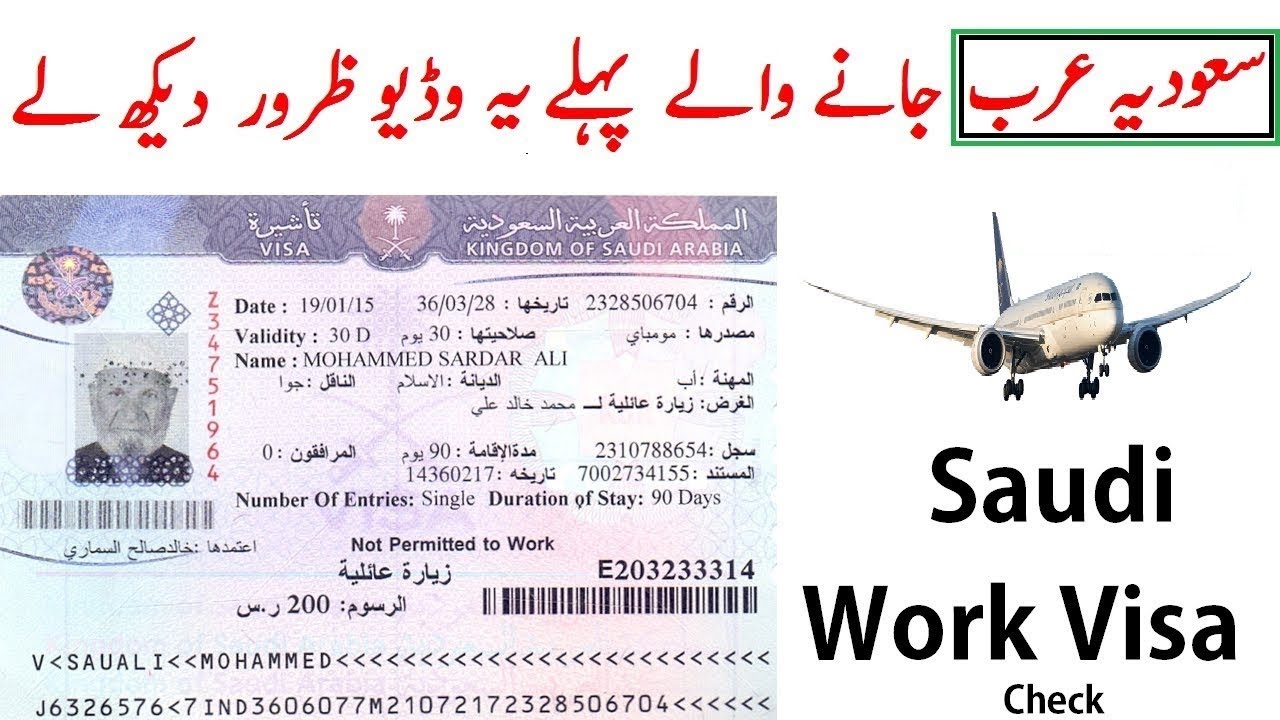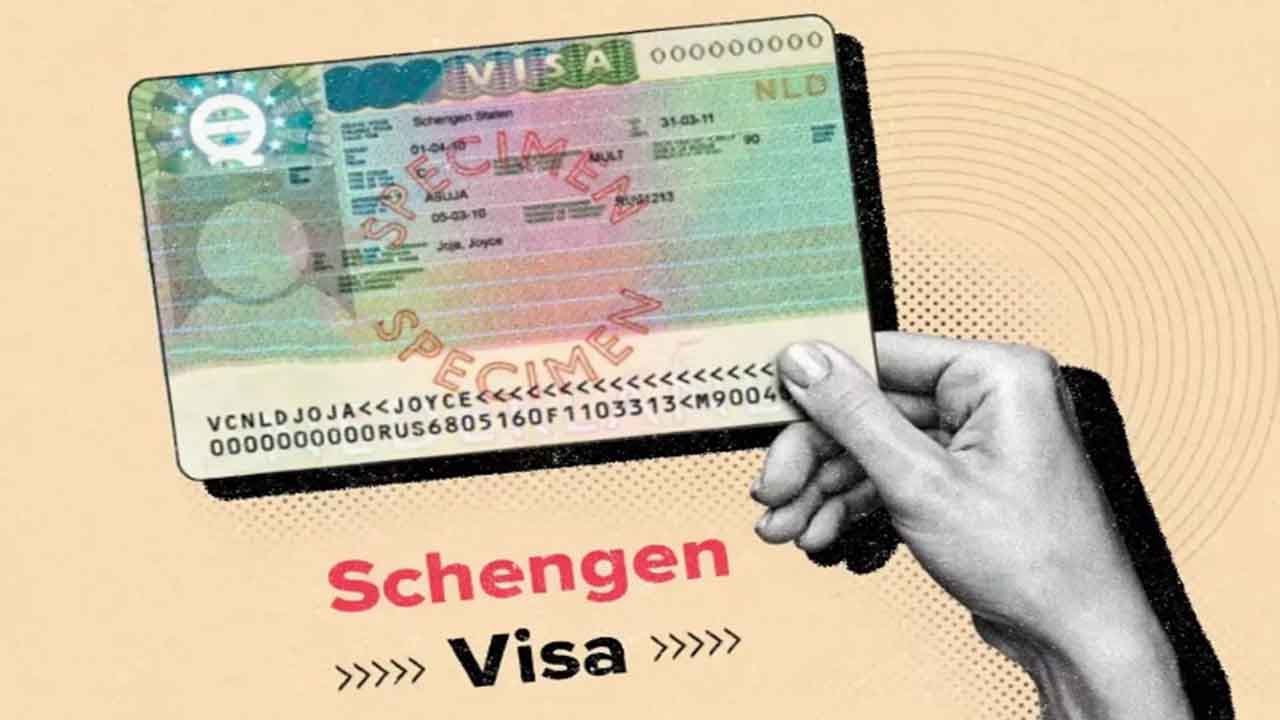What Are Canadian Employment Agencies?
Canadian employment agencies, also known as staffing or recruitment agencies, are professional firms that connect job seekers with employers. They specialize in matching candidates’ skills and goals with companies’ hiring needs, offering services for temporary, contract, or permanent roles across industries like tech, healthcare, finance, and more. Regulated by provincial laws, these agencies ensure fair practices and are prohibited from charging job seekers for job placement services, earning revenue instead from employers (typically 15–20% of a worker’s annual salary).
For job seekers, agencies provide access to unadvertised jobs, resume support, and interview coaching. For employers, they save time by sourcing, vetting, and onboarding talent. In 2025, agencies are pivotal in addressing Canada’s labour shortages, with over 200,000 jobs filled annually by top firms, making them essential for navigating the competitive job market.
How Do Canadian Employment Agencies Work?
Employment agencies operate as intermediaries, streamlining the hiring process with a structured approach. Here’s how they work for job seekers and employers in 2025:
For Job Seekers
-
Registration: Sign up with an agency (e.g., Randstad, Robert Half) by submitting your resume and details online or in-person. Many agencies, like Workker, maintain databases of pre-vetted candidates.
-
Consultation: Meet with a recruiter to discuss your skills, career goals, and preferred roles. Agencies like Recruiting in Motion use tools like video profiles to showcase your personality.
-
Job Matching: The agency matches you with roles from their network, including unadvertised positions. For example, Robert Half connects candidates to 100,000+ opportunities.
-
Support: Receive resume feedback, interview tips, and sometimes skills training. ACCES Employment offers free workshops for newcomers.
-
Placement: If selected, the agency facilitates interviews and onboarding. You may work as a temp, contractor, or permanent employee, depending on the role.
Note: Agencies cannot charge you for job placement or demand deposits. Be wary of scams posing as recruiters, and report fraud to the Canadian Anti-Fraud Centre.
For Employers
-
Consultation: Employers contact agencies (e.g., Adecco, Workvantage) to outline job requirements, such as skills, experience, and contract type.
-
Candidate Sourcing: Agencies tap into their networks, like Randstad’s pool of pre-qualified candidates, to find matches.
-
Screening: Candidates undergo interviews, reference checks, and sometimes skills tests. Insight Global completes this in 24–48 hours.
-
Placement: The agency presents top candidates, arranges interviews, and handles onboarding. Workvantage also manages LMIA and work permit processes for foreign hires.
-
Follow-Up: Agencies like Employment Professionals Canada offer post-placement support, ensuring retention and satisfaction.
Processing Time: Placements take 1–3 weeks for temporary roles and 3–6 weeks for permanent positions, depending on the industry and location.
Learn how employment agencies simplify job searches in Canada. Source: YouTube
Costs of Using Canadian Employment Agencies
Costs vary depending on whether you’re a job seeker or employer. Here’s a breakdown for 2025:
Job Seeker Costs
-
Free Services: Agencies cannot charge candidates for job placement or employer information, per Canadian regulations. Services like resume reviews or job matching are typically free.
-
Optional Costs: Some agencies offer paid services, like resume writing or skills training (CAD 50–200), but these are separate agreements and not tied to job placement.
-
Related Expenses: You may pay for background checks (CAD 50–100), certifications, or travel to interviews (CAD 50–500), especially for foreign workers.
Employer Costs
-
Placement Fees: Agencies charge 15–20% of the candidate’s first-year salary for permanent hires (e.g., CAD 7,500–20,000 for a CAD 50,000 role). Temporary or contract roles cost an hourly markup (20–30%).
-
LMIA Support: For foreign hires, agencies like Workvantage charge CAD 1,000–5,000 for LMIA and work permit assistance.
-
Additional Services: Recruitment ads, job fairs, or onboarding support cost CAD 500–2,000, depending on the agency.
Total Estimated Cost:
-
Job Seekers: CAD 0–800 (if optional services or certifications are needed).
-
Employers: CAD 2,000–25,000 per hire, depending on role and services.
Tip: Employers should clarify fee structures upfront. Job seekers should avoid agencies requesting upfront payments for jobs, as this violates Canadian law.
Benefits of Using Canadian Employment Agencies
Employment agencies offer unique advantages in Canada’s competitive job market. Here’s why they’re worth considering in 2025:
For Job Seekers
-
Access to Hidden Jobs: Agencies like Robert Half provide access to unadvertised roles, giving you an edge over public job boards.
-
Career Support: Free services, like ACCES Employment’s workshops or Recruiting in Motion’s video profiles, enhance your marketability.
-
Time Savings: Agencies handle job searches and applications, ideal for busy professionals or newcomers navigating Canada’s job market.
-
Foreign Worker Support: Agencies like Workvantage assist with LMIAs and work permits, crucial for Indian or Filipino workers.
-
Flexibility: Find temporary, contract, or permanent roles to suit your lifestyle, from tech gigs in Vancouver to retail jobs in Calgary.
For Employers
-
Talent Access: Tap into pre-vetted candidate pools, like Randstad’s 40,000 annual placements, to fill roles quickly.
-
Time Efficiency: Agencies like Insight Global screen and onboard candidates in 1–3 days for temp roles, saving HR teams weeks of work.
-
Specialized Expertise: Firms like Airswift focus on niche sectors (e.g., engineering, IT), ensuring precise matches.
-
Compliance: Agencies ensure adherence to labour laws and immigration rules, reducing legal risks for foreign hires.
-
Scalability: Hire for seasonal spikes or long-term growth, as Resolve Recruit does for call centers and logistics.
Data Point: A 2020 survey by Hays found 49% of employers met business goals faster with agency support, while 91% of Kelly Services’ candidates were satisfied with their placements.
Discover the benefits of working with Canadian recruitment agencies. Source: YouTube
Top Canadian Employment Agencies in 2025
With hundreds of agencies across Canada, choosing the right one is key. Below are 10 top agencies for 2025, known for their track record, industry focus, and client satisfaction, based on industry data and reviews.
-
Randstad Canada
-
Specialty: IT, engineering, finance, healthcare.
-
Why Choose?: Places 40,000 workers annually, with a 650+ staff network across 44 locations. Named a “Best Staffing Firm to Temp For” in 2020.
-
Best For: Job seekers in tech or employers needing diverse talent.
-
Contact: www.randstad.ca
-
-
Robert Half Canada
-
Specialty: Finance, accounting, technology, administrative.
-
Why Choose?: Over 75 years of experience, with a 90% client satisfaction rate. Won Canadian HR Reporter’s Best Recruitment Agency (2016–2022).
-
Best For: Professionals seeking hybrid roles or startups hiring in Toronto.
-
Contact: www.roberthalf.com
-
-
Adecco Canada
-
Specialty: Healthcare, engineering, technology, finance.
-
Why Choose?: Places 50,000+ workers annually, with global insights from 60 countries. Strong public sector focus.
-
Best For: Foreign workers or public sector employers.
-
Contact: www.adecco.com
-
-
Workvantage
-
Specialty: Foreign worker recruitment, skilled trades, hospitality.
-
Why Choose?: 17 years of experience, handling LMIAs and work permits for industries like construction and food processing. High approval rates.
-
Best For: Indian or Filipino workers needing visa support.
-
Contact: workvantage.ca
-
-
Employment Professionals Canada (EPC)
-
Specialty: Administrative, customer service, professional roles.
-
Why Choose?: Ontario-based, with a focus on personalized service. Known for flexibility and post-placement support.
-
Best For: Niagara region job seekers or small businesses.
-
Contact: www.employmentprofessionalscanada.com
-
-
Insight Global
-
Specialty: IT, finance, engineering.
-
Why Choose?: Fast placements (24–48 hours for screening), with expertise in Toronto’s job market. Strong focus on retention.
-
Best For: Tech startups or candidates seeking quick placements.
-
Contact: insightglobal.com
-
-
ACCES Employment
-
Specialty: Newcomer and refugee support, diverse sectors.
-
Why Choose?: Supports 40,000 job seekers annually, offering free workshops and VERA chatbot for job search help.
-
Best For: Newcomers in the Greater Toronto Area.
-
Contact: accesemployment.ca
-
-
Airswift
-
Specialty: Engineering, technology, STEM.
-
Why Choose?: Manages 9,000 contractors globally, with Employer of Record (EOR) services for complex projects.
-
Best For: Employers hiring international STEM talent.
-
Contact: www.airswift.com
-
-
Workker
-
Specialty: Industrial, manufacturing, warehousing.
-
Why Choose?: Instant access to pre-vetted workers, with 24/7 online platforms for employers. Free job postings until hires are made.
-
Best For: Industrial employers or blue-collar workers.
-
Contact: www.workkerapp.com
-
-
David Aplin Group
-
Specialty: IT, engineering, finance, accounting.
-
Why Choose?: 49 years of experience, with a 98% client repeat rate. Fast candidate delivery in tough markets.
-
Best For: SMBs or professionals in Alberta.
-
Contact: www.aplin.com
-

Top agencies connect diverse talent with Canada’s leading employers. Source: Unsplash
Challenges and Tips for Using Employment Agencies
While agencies are powerful tools, challenges can arise. Here’s how to overcome them:
Challenges
-
Scams: Fraudulent agencies may pose as recruiters, demanding fees or personal information.
-
Mismatch: Some agencies may prioritize speed over fit, leading to unsuitable placements.
-
Limited Foreign Worker Support: Many agencies avoid foreign workers without work permits due to LMIA complexities.
-
Cost for Employers: High fees (15–20% of salary) can strain small business budgets.
Tips for Success
-
Verify Legitimacy: Check agency licenses via provincial directories (e.g., Ontario’s Ministry of Labour). Avoid agencies requesting upfront fees.
-
Choose Specialists: Select agencies aligned with your industry (e.g., Airswift for STEM, Adecco for healthcare).
-
Be Proactive: Provide detailed resumes and follow up regularly. Agencies like EPC value proactive candidates.
-
For Foreign Workers: Partner with agencies like Workvantage or Vitae Recruitment for LMIA and visa support.
-
Negotiate Fees (Employers): Discuss fee structures upfront and explore temp-to-hire options to reduce costs.
Real-World Example: Raj, an Indian IT professional, registered with Randstad Canada in 2024. After a consultation and resume polish, he landed a contract role in Vancouver within 3 weeks, bypassing months of direct applications.
FAQs About Canadian Employment Agencies in 2025
-
What do Canadian employment agencies do?
They connect job seekers with employers, offering job matching, resume support, and placement services for temporary or permanent roles. Employers get pre-vetted candidates. -
Are employment agencies free for job seekers?
Yes, agencies cannot charge candidates for job placement or employer information, per Canadian law. Optional services like resume writing may cost CAD 50–200. -
How much do agencies cost employers?
Employers pay 15–20% of a candidate’s annual salary (CAD 7,500–20,000) for permanent hires or 20–30% hourly markups for temps. LMIA support costs CAD 1,000–5,000. -
Can foreign workers use employment agencies?
Yes, but many agencies prioritize workers with open work permits. Agencies like Workvantage handle LMIAs for foreign hires, ideal for Indian or Filipino workers. -
How long does it take to get a job through an agency?
Temporary roles take 1–3 weeks; permanent roles take 3–6 weeks. Insight Global screens candidates in 24–48 hours for faster placements. -
What industries do Canadian agencies cover?
They span tech, healthcare, finance, engineering, retail, and more. Randstad excels in IT, while Workker focuses on industrial roles. -
How do I avoid agency scams?
Verify licenses, avoid upfront fees, and report suspicious agencies to the Canadian Anti-Fraud Centre. Stick to reputable firms like Adecco or Robert Half. -
Can agencies help with permanent residency?
Some, like Workvantage, assist with LMIAs, which can lead to PR via Express Entry or PNPs by adding CRS points or nominations. -
Why use an agency instead of applying directly?
Agencies access unadvertised jobs, save time, and offer support like resume coaching. Employers benefit from vetted candidates and compliance. -
Which agency is best for newcomers?
ACCES Employment is ideal, supporting 40,000 newcomers annually with free workshops and job search tools like the VERA chatbot.
Have questions about Canadian employment agencies? Share them in the comments, and let’s kickstart your job or hiring journey!
Why Choose Canadian Employment Agencies in 2025?
In Canada’s fast-paced job market, employment agencies are game-changers. For job seekers, they unlock hidden opportunities, provide expert guidance, and simplify the job hunt—especially for newcomers like Raj. For employers, they deliver vetted talent, save time, and ensure compliance, whether hiring locally or globally. With labour shortages persisting (56% of SMBs struggle to find talent), agencies are more vital than ever.
As you plan your next career move or hiring strategy, lean on trusted agencies like Randstad, Workvantage, or ACCES Employment to navigate challenges and seize opportunities. Verify their credentials, align with your goals, and take the first step toward success in Canada’s diverse economy.
Disclaimer: Agency services, fees, and regulations may change. Always consult official sources like canada.ca or provincial labour ministries for the latest information. This guide is for informational purposes only.
Ready to find your dream job or top talent? Connect with a Canadian employment agency today and share your experiences below!










